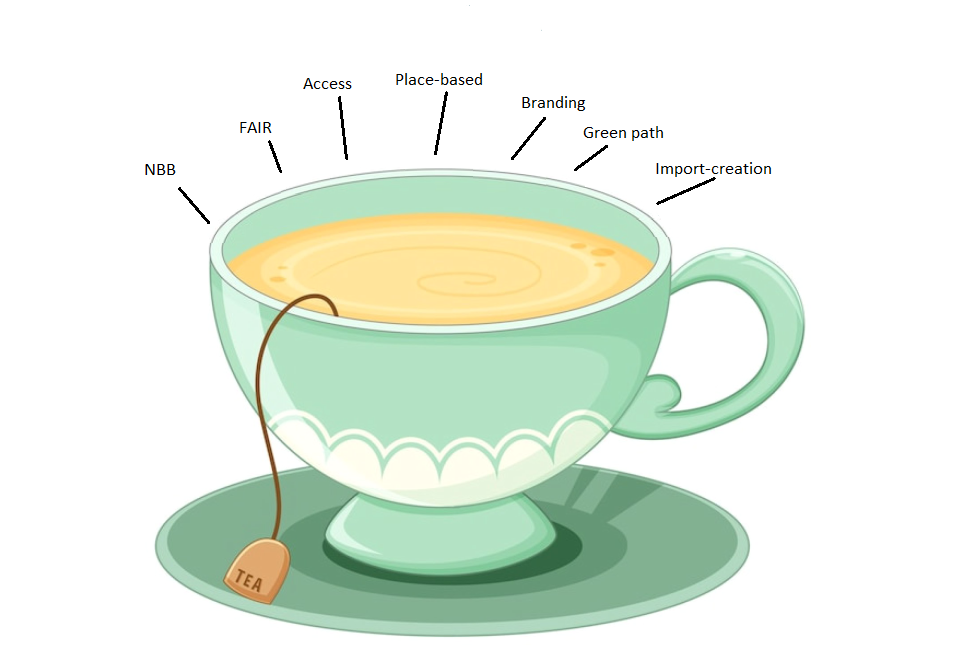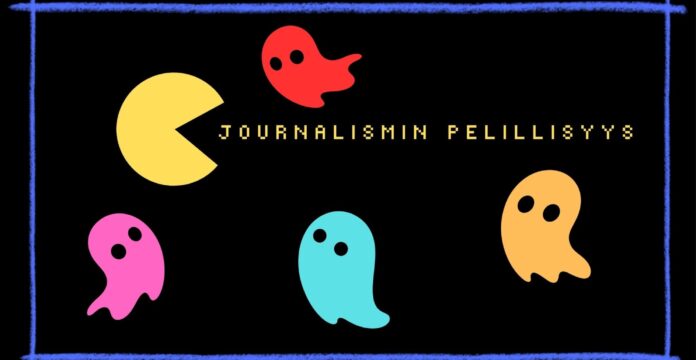On October 26, 1967, Martin Luther King identified the blueprint to guide the pursuit of one’s life ambition: dignity and determination. We all gravitate toward achieving our ambition, from which we derive fulfillment. I conceptualize this pursuit herein as one’s cup of tea. From the research context, my cup of tea is geared toward understanding actors’ agency in regional industrial restructuring vis-a-vis establishing the battery industry as an emerging green path.
As a norm, researchers are expected to believe in their ideas. While these ideas may not entirely be the ultimate solutions to the bourgeoning socio-cultural, economic-environmental, and political challenges confronting humanity, they could complement the efforts and progress being made collectively; I consider this the worthiness of one’s research. Determination and diligence are invaluable in pursuing one’s cup of tea, especially for overcoming obstacles that could dispel researchers, particularly those in their early career stage. The perceived progress-obstacle dichotomy in the iceberg concept deductively suggests that we are often fixated on the top-level factors with less consideration for what is happening in the bottom half. The iceberg concept is not static but rather should be a continuum where other factors that affect researchers could be represented. For example, the concept of pressure could be reimaged, taking a clue from Shaquille O’Neal’s stepfather’s notion, which sees real pressure as not knowing where your next meal will come from. Overcoming some of the underemphasized bottom half of the iceberg requires a clear blueprint as part of a researcher’s tool kit.
Indeed, achieving one’s cup of tea requires diligence as the rewards are often delayed, and the process could be likened to what one of the most incredible speakers of all time, Les Brown, described in his famous speech about growing the Chinese bamboo tree. Given the imperativeness of having a well-defined blueprint, researchers must devote some time to introspection in reassessing what constitutes their research blueprint, as that will be a sure way to have a rewarding and fulfilling academic journey. Beyond researchers, blueprint-based introspection could also be helpful for decision-makers in reassessing whether the metrics for the reward-based system are continually centered on excellence achieved through diligence and determination. Leveraging such a blueprint will likely culminate in a more motivated workforce and an improved productive work environment. So, what is your blueprint?
 My cup of tea: NBB, FAIR, Access, Place-based, Branding, Green path, Import-creation
My cup of tea: NBB, FAIR, Access, Place-based, Branding, Green path, Import-creation
Ejike Okonkwo
Doctoral Researcher
University of Vaasa, School of Management, Regional Studies
Ejike holds a double MSc. a) International Relations (b) Energy, Environment and Society.




